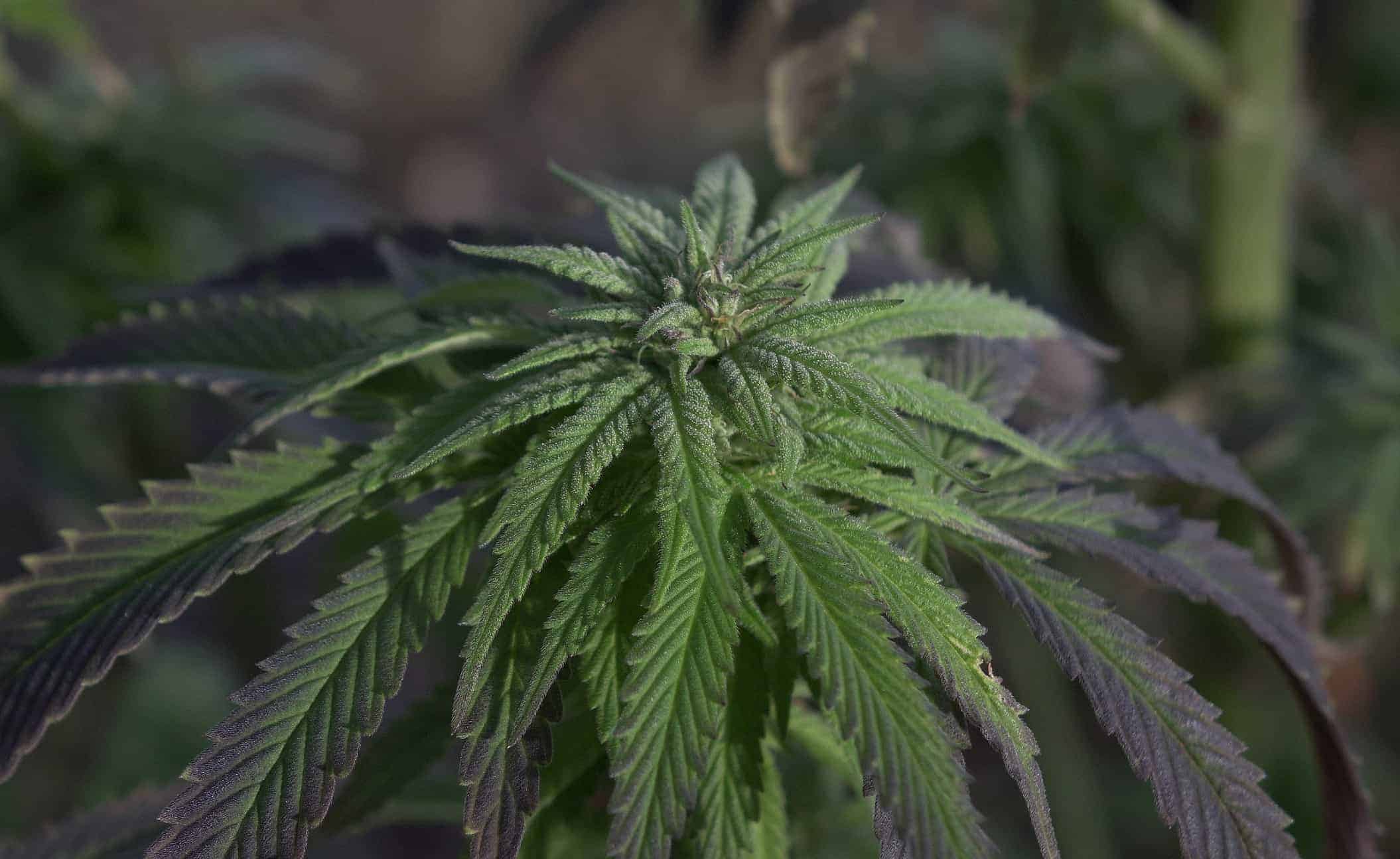MedReleaf Corp. (TSX:LEAF) traded as much as 7% lower during the first few trading minutes on Monday, November 13, reversing some of the stock’s 5.28% gains on Friday. This was a result of somewhat disappointing second-quarter 2018 (Q2 2018) financial results released earlier in the morning, where the marijuana producer suffered another drag on revenue growth.
The company reported yet another unpleasant decline in quarterly revenues after recognizing $9.82 million in total revenues, which was 9% lower than the $10.75 million reported during the same quarter last year and 6% lower than the $10.42 million for the previous quarter.
This is a development which I earlier believed to have been conquered through the continued growth in cannabis oil sales last quarter.
Evidently, the 10.3% decline in dried cannabis sales to $7.69 million from $8.57 million recognized in the previous quarter was the major culprit for this worrying development. Dried cannabis revenue was down 26.6% from its peak at $10.48 million during the comparable quarter last year.
While growing cannabis oil sales helped mask the development for the previous quarter, a 17.3% increase in cannabis oil revenues $1.76 million for last quarter was, this time around, not strong enough to make up for the fall in dried cannabis revenues.
MedReleaf continues to battle with the troublesome Veteran Affairs Canada (VAC) reimbursement policy that limited the covered cannabis price per gram and also placed a limit on daily allowable consumption. That explains the previously discussed sequential revenue declines quarter on quarter.
Most noteworthy, product volumes declined by 9.14% during last quarter from their levels during the previous quarter ending June 30, with dried cannabis sales volumes falling 9.65% to 925,197 grams from 1,024,030 grams sold during the previous quarter, while cannabis oil sales volumes dipped 5.23% to 125,954 grams equivalent.
For a fast-growing marijuana industry with so much hype, and where other competitors are reporting double-digit revenue growth every quarter, revenue stagnation is problematic, and a decline, however small, could dent shareholder excitement and tank the stock price.
However, MedReleaf management seems to believe that the storm is now over, as they are signing on new clients and anticipate increased sales volumes going forward.
New revenue sources are coming online, especially the newly launched topical cream, which is already on sale and could boost sales for this quarter, while attempts to enter the Brazilian market may bring export revenues to the medical marijuana giant.
Some good news
MedReleaf continues to reduce its cash costs of producing cannabis. The company can make marijuana ready for sale at a cost of $1.46 per gram now, a significant positive as we head towards recreational marijuana legalization next year, when a low production cost structure could become a very important competitive advantage in the budding mass market.
Low production costs could allow MedReleaf to become more profitable, even after new taxes are levied and as provinces such as Ontario bargain heavily for lower wholesale prices on cannabis inventory purchases.
Furthermore, MedReleaf believes it is fully funded for its medium-term capital-investment needs. This could be a positive for investors worried about shareholder dilution.
Being fully funded may allow management to delay issuing new equity while the stock continues to soar. Raising new equity after the stock soars slows down the rate of shareholder dilution.
Some reasons to be cautious
It is possible that MedReleaf’s latest faltering on the revenue growth front could somehow dampen investor confidence in the stock’s near-term growth potential, as its competitors continue to report strong sales growth.
The stock has more than doubled since it took off early in June, so some investors may fear a price correction at worst or price stagnation over the next few weeks as a result of the latest dent on an otherwise potential-growth story.
Most importantly, investors should monitor the increasing expenses as MedReleaf expands its productive capacity and prepares for recreational sales.
General and administration expenses ballooned 330% from $2 million in the comparable quarter last year to a staggering $8.6 million last quarter. Sales and marketing expenses have, however, been contained during the period, but management may need to deploy more marketing resources to maintain and expand MedReleaf’s market share.
It would be great to see MedReleaf contain costs while growing the business going forward.
I look forward to MedReleaf’s positive revenue growth this quarter.
Happy investing.








